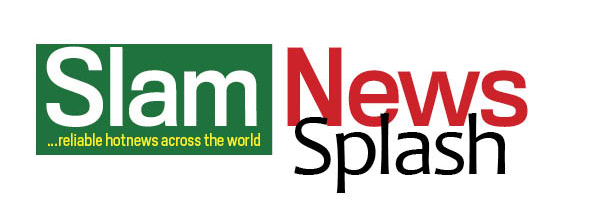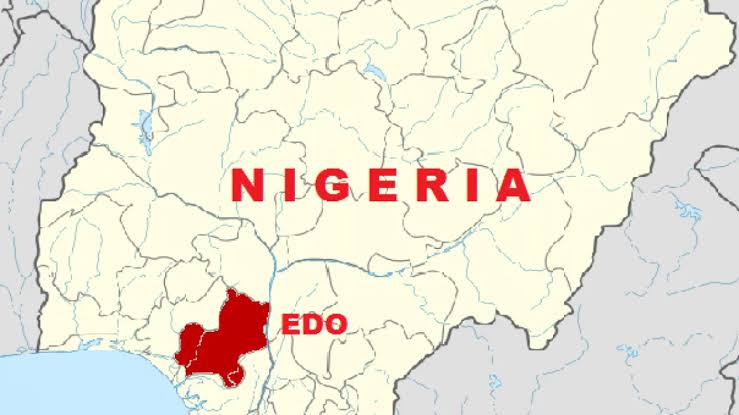The Edo State Government has banned graduation ceremonies for pupils in basic 1 -9 , while suspending sales of textbooks by teachers in public schools.
The State Commissioner for Education, Dr Paddy Iyamu who, released the new guidelines in a press statement he signed , said the
Government is committed to providing clear policy direction on all educational matters while ensuring quality, standards, and inclusiveness across the State’s education system.
The new directives stipulate that only textbooks approved by the Ministry of Education are permitted in schools statewide. Schools are required to maintain textbook stability for a minimum of four years, and younger siblings must be allowed to reuse textbooks previously purchased by older ones.
Authors and publishers are warned that textbooks must not include workspaces. Any such material will be derecognized. Instead, workbooks are to be designed and used separately from textbooks.
Graduation ceremonies have also come under regulation. Only students who have completed Basic 1-9 and Senior Secondary 3 are allowed to hold modest graduation celebrations.
The Ministry also discourages the organisation of proms, labeling them as potentially encouraging indecent behavior. Importantly, pupils in Pre-Basic classes are not permitted to partake in graduation parties of any form.
The Government also remanded School administrators of the importance of adhering to regulatory documents such as the Edo State Education Law and policy circulars. These documents outline essential requirements, including compulsory attendance in all basic classes (including Primary 6), prohibition of class skipping, and mandatory use of the national curriculum. According to the directive, “Moving pupils/students from lower class to certificate class unduly simply to write Middle Basic Assessment (MBA) or Basic Education Certificate Examination (BECE) is highly prohibited.”
“The Ministry has reiterated that only qualified teachers should be engaged for teaching and academic duties. The MBA and BECE remain compulsory for all basic schools, with the minimum age for participation in the MBA examination set at 10 years. Social safeguards are also outlined—no food is to be given to students without parental approval, and field trip accommodations must be gender-specific. Attending seminars during school hours in public schools now requires prior approval from the Ministry.”
Continuing, he said.
“A harmonized academic calendar has been introduced for the 2025/2026 session. All schools are expected to adopt this calendar exclusively. Any deviation, would result in sanctions.
“Public school heads must provide a Ministry-approved booklist for students. The sale of books by staff members is banned, and no parent should be pressured into purchasing learning materials from specific vendors.
“For students advancing to Junior Secondary School 1 (JSS1), evidence of having completed Primary Six and written the MBA is now a strict requirement. Likewise, admission into Senior Secondary School 1 (SS1) or Technical 1 classes must be based on successful completion of the BECE. Admissions into public schools remain free, and all cases of student transfers must be documented and verified by receiving institutions.”
The Ministry also declared that no new student may be admitted into certificate classes—Primary 6, JSS 3, SS 3, or Technical 3—without prior written approval from the Honourable Commissioner for Education. Failure to comply will result in immediate school closure and legal action against the school’s leadership.
The government also reaffirmed its zero-tolerance policy on examination malpractice. “School administrators, teachers, and learners must uphold honesty and credibility during all internal and external examinations,” the Commissioner stated.
Schools are further instructed to implement compulsory co-curricular programmes, including sports, and to maintain sanitary and child-friendly environments. Weekly sanitation exercises must be carried out, involving student participation. However, cleanliness efforts must not interfere with teaching and learning, which are expected to commence from the first day of resumption.
Executive Principals are urged to enforce punctuality and regular attendance for both students and staff. Daily attendance is compulsory, and loitering during school hours is not permitted. Students caught without valid reasons outside their classrooms will face disciplinary actions, and their principals risk sanctions.


